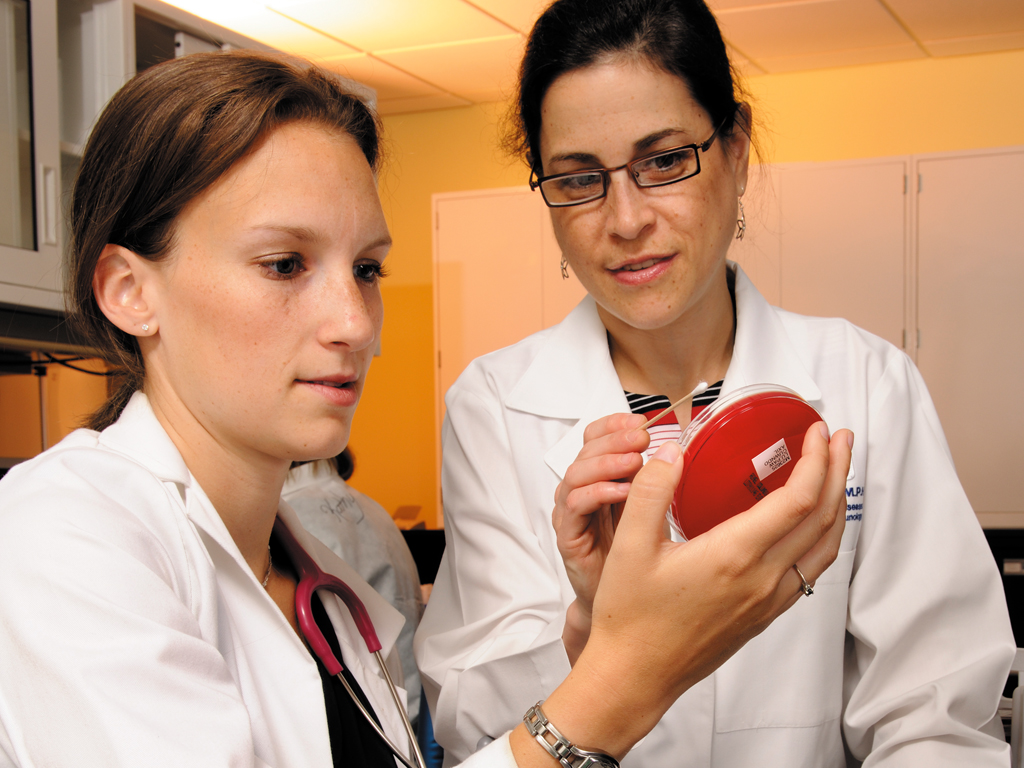Master's in Computer Science and Biomedical Informatics
Emory’s departments of Biomedical Informatics, Computer Science, and Biostatistics and Bioinformatics jointly offer a Master of Science in Computer Science with a Biomedical Informatics concentration. The concentration is designed for individuals with an undergraduate degree in a related discipline such as mathematics, statistics, computer science, or a natural, physical, or social sciences subject.
This degree will prepare you for a next-generation career in industry, government, or public health, or for entering a doctoral program in informatics, computer science, biostatistics, or statistics.
Interested in applying? Please see additional application information and apply here!
Program Requirements
Students must take 3 required courses and at least 4 elective courses. These required and elective courses must be completed with a grade of C or higher and a GPA of 3.0 or higher for the required and elective courses.
Core Courses
Students must take the following 3 core courses:
- BMI 500: Introduction to Ethical Data Science and Infor (3)
- BMI 510: Biostatistics for Machine Learning (4)
- BMI 534: Introduction to Machine Learning (3) or CS 534: Machine Learning (3)
Concentration Electives
In addition, students must take at least 4 concentration electives, including (but not limited to) the following list:
- BMI 520 Practical Computing for Informatics (3)
- BMI 532 Model-Based Machine Learning (3)
- BMI 536 Introduction to Deep Learning (3)
- BMI 539 Topics in Machine Learning (3)
- BMI 540 Time Series Analytics and Modeling (3)
- BMI 550 Applied Biomedical Natural Language Processing (3)
- BMI 555 Computational Methods for Biomedical Image Analysis (3)
- BMI 562 Cancer Single Cell Analytics (3)
- BMI 585 Topics in Biomedical Informatics (Various) (3)
Students may substitute relevant courses with prior written approval from the DGS.
Degree Options
Students must choose one of the following options:
- Thesis: 21+9 graduate course plus research credits
A thesis involving substantial, novel, independent research and contributions of quality publishable in a refereed workshop, conference, or journal, to be submitted to the Laney Graduate School.
-
Project Option: 24+6 graduate course plus research credits
Students conduct a major implementation or analytic project, conducted independently, accompanied by a substantial project report and code and data as appropriate. Satisfactory completion of the project requires approval by the advisor(s).
- Course-Only Option: 30 graduate course credits
Practicum
All MS students must complete a practicum (CS596R: Computer Science Master's Practicum) involving a substantial project either under the direction of an Emory faculty member or a computer science/informatics expert in industry. This requirement is intended to give you practical experience with real-life projects — an essential element of an applied discipline such as Computer Science and Informatics.



